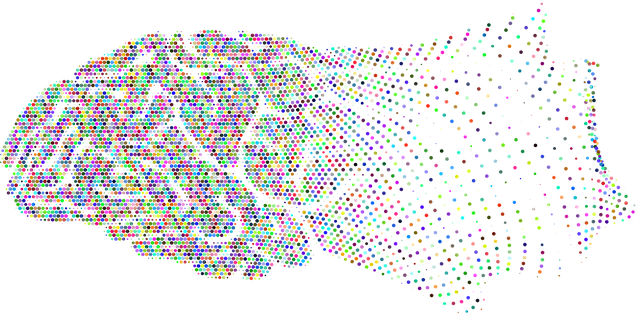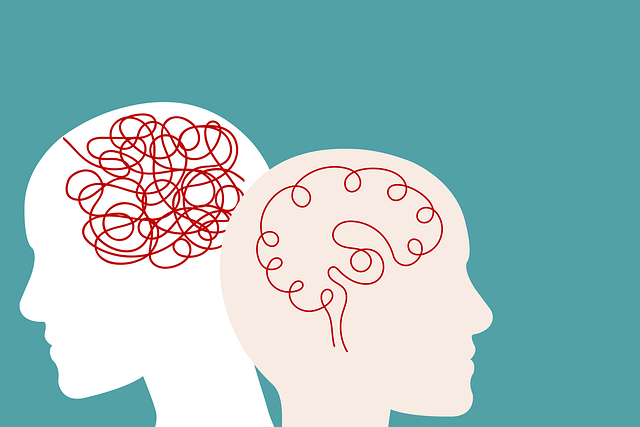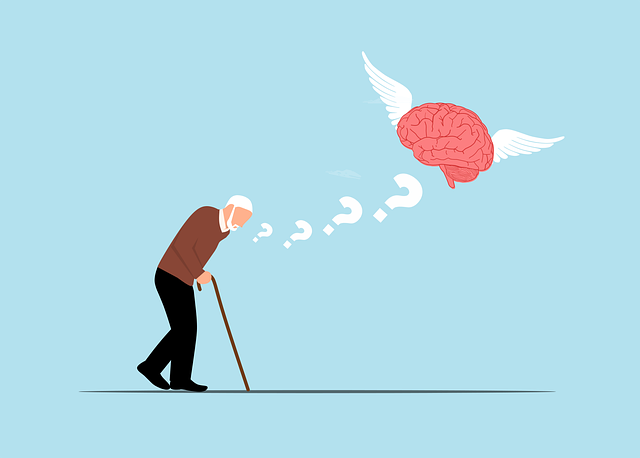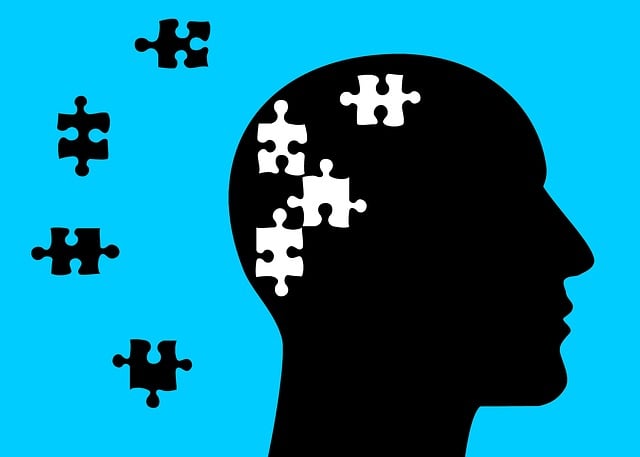Resilience-focused therapy, such as RFM (Recovery, Resilience, Mental Health), is a powerful tool in supporting individuals with cancer issues. By integrating cognitive behavioral techniques and mindfulness practices, RFM empowers patients to build emotional fortitude, manage anxiety, and adapt to challenges. This holistic approach complements traditional cancer treatment, enhancing quality of life by addressing the psychological impacts of diagnosis and fostering resilience for navigating cancer's complexities.
“Uncover the transformative power of RFM (Recovery, Resilience, and Mastery) in addressing therapy for cancer issues. This holistic approach aims to bolster resilience, empowering individuals navigating cancer’s challenges. Our comprehensive guide delves into various resilience-building exercises tailored to enhance emotional well-being. We explore the significant role RFM plays in cancer care, highlighting its benefits and best practices for healthcare professionals. By integrating these strategies, we can significantly improve patients’ quality of life during and after treatment.”
- Understanding RFM and Its Role in Cancer Support
- Resilience-Building Exercises: A Comprehensive Guide
- Integrating RFM into Cancer Care: Benefits and Best Practices
Understanding RFM and Its Role in Cancer Support

Resilience is a vital component in supporting individuals facing cancer and its associated therapy for cancer issues. This is where RFM (Recovery, Resilience, and Mental Health) comes into play, offering a structured approach to enhance emotional well-being promotion techniques. By focusing on these key aspects, RFM aims to provide tools for anxiety relief, which is often a significant concern for those navigating the complexities of cancer treatment.
The concept behind RFM is to build resilience by understanding and addressing mental health challenges, especially in public awareness campaigns development. It recognizes that cancer diagnosis and treatment can be emotionally taxing, leading to various psychological effects. Through targeted interventions, RFM seeks to empower individuals to cope with these challenges, fostering a sense of control and adaptability. This proactive approach not only complements traditional cancer treatments but also contributes to the overall quality of life for patients during their journey.
Resilience-Building Exercises: A Comprehensive Guide

Resilience-building exercises play a pivotal role in empowering individuals to navigate and overcome life’s challenges, especially those facing cancer issues. These therapeutic practices are designed to fortify one’s mental and emotional strength, enabling better coping with stress, anxiety, and depression. By integrating various techniques from cognitive behavioral therapy and mindfulness practices, resilience exercises offer a comprehensive approach to healing and personal growth.
The core of these exercises lies in teaching individuals effective coping skills development, self-care practices, and strategies for managing intense emotions. Through regular engagement, participants learn to reframe negative thoughts, cultivate present-moment awareness, and develop a more adaptive response to traumatic events. This holistic process not only enhances resilience but also paves the way for improved overall well-being, fostering a sense of control and empowerment in navigating cancer’s complexities.
Integrating RFM into Cancer Care: Benefits and Best Practices

Integrating RFM (Resilience, Flexibility, and Mindfulness) into cancer care offers a transformative approach to therapy for cancer issues. This holistic method recognizes that managing a chronic illness like cancer involves more than just physical treatment. By focusing on building resilience, patients can enhance their emotional well-being and coping mechanisms, which are essential components of the healing process. RFM techniques, including mindfulness practices, social skills training, and mood management strategies, empower individuals to navigate the challenges associated with cancer diagnosis and treatment.
Best practices for integrating RFM into cancer care involve designing mental health education programs that cater to the unique needs of each patient. These programs can be tailored to improve patients’ ability to adapt to changes, manage stress, and maintain a positive outlook. For instance, Social Skills Training can help individuals navigate social interactions with confidence, while Mood Management techniques offer practical tools for regulating emotions during difficult times. By combining these strategies within a supportive care framework, healthcare professionals can significantly enhance the overall quality of life for cancer patients, ensuring they receive comprehensive therapy for both physical and mental health concerns.
Resilience is a powerful tool in the fight against cancer, and integrating RFM (Resilience-focused Mindfulness) into cancer care offers significant benefits. This holistic approach, combining therapy for cancer issues with mindfulness exercises, has shown promise in enhancing patients’ emotional well-being and coping mechanisms. By fostering resilience, healthcare professionals can empower individuals to navigate the challenges of cancer diagnosis and treatment with greater strength and adaptability. As research continues to evolve, best practices in RFM integration will undoubtedly refine cancer support strategies, ultimately improving patient outcomes and quality of life.








